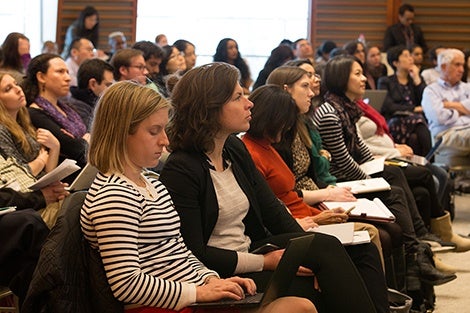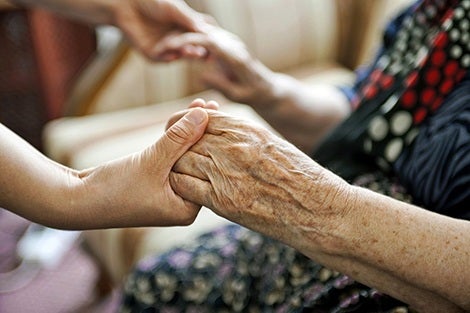Related Topics
Peanuts may help protect against age-related cognitive decline
A diet that includes peanuts may help prevent age-related cognitive decline.
Middle age not too late to see benefits from exercising
Becoming physically active in mid-life can extend longevity.
Mix of brain abnormalities behind dementia in most elderly people
Drugs targeting the buildup of abnormal proteins in the brain, which researchers believe contribute to Alzheimer’s disease, have so far proved unsuccessful in stemming dementia. Some experts now believe that it is time to reframe research by focusing…
Certain vitamins and minerals may help boost longevity
Keeping the body supplied with certain vitamins and minerals such as magnesium and omega-3 fatty acids may help with healthy aging.
Chemicals produced by burning organic matter linked with faster aging
High daily exposure to polycyclic aromatic hydrocarbons (PAHs)—chemicals that are generated by forms of combustion such as cooking, smoking, and vehicle exhausts—may cause molecular changes that accelerate biological aging.

Symposium focuses on aging and health
April 5, 2018 – As the world’s population ages, driven by declines in both birth and death rates in many countries, older people’s ability to continue to do things that matter to them—rather than merely being free of…

The plasticity of the aging process
Can we change how we age? That's the question we explore with Will Mair.

A public health approach to an aging world
People are living longer than ever before—and that is raising new questions and challenges.

Can fasting play a role in improving health?
William Mair, associate professor of genetics and complex diseases at Harvard T.H. Chan School of Public Health, was interviewed by NBC 10 Boston about the impact of fasting on health and the aging process. The story aired January…
Aging, longevity the focus at annual Alumni Weekend
October 17, 2017 – Harvard Chan School alumni returned to campus for their annual weekend October 13-15, where they heard about public health perspectives on aging and longevity from a variety of experts and connected with former classmates.…
